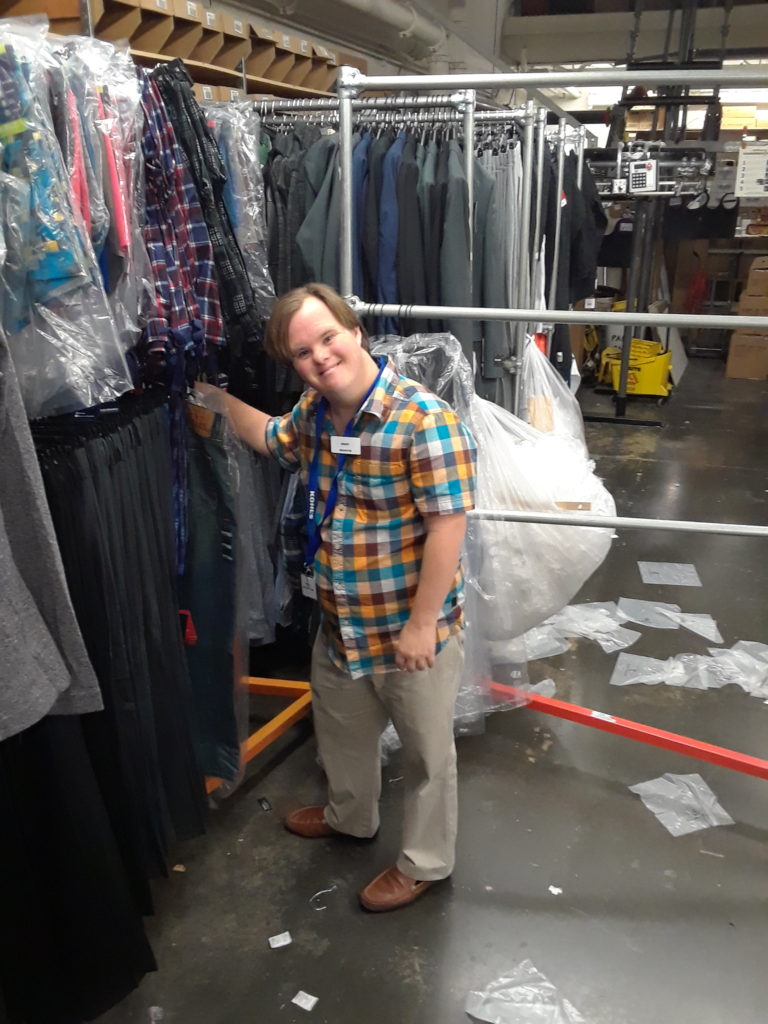
As the son of a Milwaukee fish peddler, my father taught me the values of honesty and that tried and true saying “the customer is always right.” Fast forward to working in the nonprofit world most of my career–I’ve seen how some nonprofits go off their rails in chasing grant monies or pursuing programming not quite true to their missions. What’s more important—getting larger and richer or giving your best to the people you serve? After all, they are your customers.
Now things are a little different but the same values hold true. I’m now working with interesting and challenging adults who struggle in social, communicative and executive functioning areas. This makes it difficult for them to find and keep a job. Some are higher functioning and do not qualify for benefits through Medicaid and Social Security. However, most do have SSI or SSDI that qualify them for supportive employment services through providers approved by South Carolina’s Department of Disabilities and Special Needs (DDSN).
For each individual qualified for services through DDSN and receiving Social Security payments (SSI or SSDI), comes an annual budget of services amounting to $13,000 and up. So now we have competition among some providers to garner as much of the Medicaid subsidies as possible. There’s gold in them there hills!
I say forget that nonsense and let us focus our attention on that person sitting across the table. What is best for him or her? Does he need life skills training before even entering employment? Then find him a life skills coach. Does he need more soft skills training for using the computer or taking classes for his GED? There are schools and nonprofits with formal programs just for that. Would she do better in an adult program or workshop setting? Then a state-supported and larger organization with the capacity to provide these services is the place to go.
The key message here is that all service providers need to work together and refer together so the client receives the right help. That help may come from a place like Thrive Upstate, Goodwill or Engaged Employment.
A great example of an organization focused on its mission and especially designed for the needs of its clients is Greenville’s Gateway House – an internationally known and accredited clubhouse model for helping people with mental illness. The clubhouse is a hub for receiving an assortment of supports, including employment services.
Gateway has a unique transitional employment program that partners with various Greenville businesses and universities that provide jobs for Gateway members who receive transportation and job coaching from Gateway staff members. What makes this program unique is the staff members are trained in the jobs their mentees will perform. If an individual has a mental health issue that takes him out for a while, the staff member steps in to do the job. Some Gateway members have been hired on as regular employees while others have used the program as a step toward getting another job.
Greenville is a better community and families affected by mental illness have more options for support because of places like the Gateway House. Communities across America will be stronger when nonprofits, businesses and government agencies set their sights on the best needs of the individual needing help, not on the money they can get.


